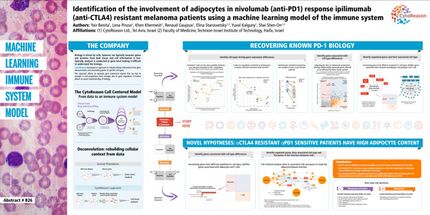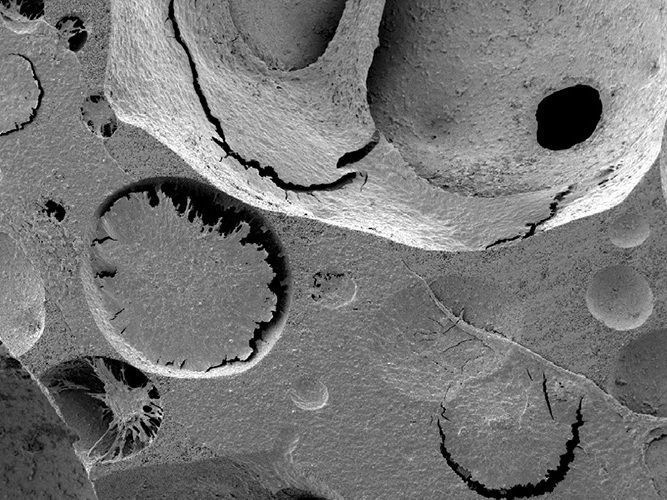Scottish Life Sciences Sector set to Benefit from South Korean Institute Opening in Glasgow
Advertisement
The Korea Health Industry Development Institute (KHIDI) has announced today (Wed Sept 1st 2004) the establishment of an office at the West of Scotland Science Park in Glasgow to help manage a multi-million investment in Scottish drug development research projects.
KHIDI, on behalf of the South Korean government and its industry partners, is looking to invest up to ?18 million over the next nine years in Scottish projects through its International Collaborative Research Programme for Drug Development. Scotland is first in line to take full advantage of working with South Korean life sciences companies through this initiative, with a number of Scottish organisations having recently submitted research proposals for 2004 -2005. Further projects will be considered each year, with Scotland well-placed to draw on the growing relationships with South Korea.
This initiative builds on the work of the Korean-Scotland BioAlliance which has held two symposiums in Seoul and has seen numerous business development visits to Scotland by Korean pharmaceutical and life sciences companies. The latest BioSymposium took place earlier this year with five Scottish companies (Encap, ExpressOn, Hannah Interactions, Haptogen and Quintiles) and four universities (Aberdeen, Edinburgh, Glasgow and Strathclyde) attending. Representatives from Korean companies such as LG, CJ, Hwail, Daewoong, Crystal Genomics and Hyundai Pharmaceutical visited Scotland in July to meet Scottish companies and universities, many of which are expected to revisit South Korea in October.
Dr. Kyeong-Ho Lee, president of KHIDI, said: "We know that the nature of 'life sciences' is so complex that, without international cooperation, Korea can hardly reach the targets specified in its life science and technology development plan, such as new drug development.
In 2002, the 'Strategic Alliance' between the KHIDI and Scottish Enterprise was concluded to move to further expand cooperation in the field of joint research, mutual investment and information exchange. In order to harvest the opportunities through the cooperation with Scotland, the KHIDI decided to set up the European headquarters and invest up to ?18 million over the next nine years in Scottish projects through the 'International Collaborative Research Program for Drug Development'. I do hope that this programme can further enhance the cooperative relation between Scotland and Korea for mutual benefit".
Martin Togneri, the Senior Director of Scottish Development International, said: "I welcome the Korean Health Industry Development Institute to Scotland. Over the last five years we have been working hard with the Scottish life sciences community to identify and support the development of opportunities for Scotland in South Korea. Recent successes of this approach are exemplified include the growing South Korean business won by Scottish based companies and universities including Quintiles, Bioreliance, Strakan and PharmaLinks.
"The Korean International Collaborative Research Programme is an excellent example of our Global Connections economic development strategy in action and it's great news for Scottish organisations that they have exclusivity to bid for projects, funded jointly by the South Korean government, through KHIDI, and by South Korean companies, in year one of the programme. It recognises the strength of developments in Scottish human healthcare and will lead to long-term mutual benefits for the life sciences communities in both Scotland and South Korea".
The successful Scottish research project bids are due to be announced in November.
Dr. Lee, President of KHIDI, hopes that with the international collaborative research projects and the close cooperation will set up a new milestone for the Scottish-Korean partnership in life sciences sector and moreover Korean and Scottish health industry will branch out around the world.




















































